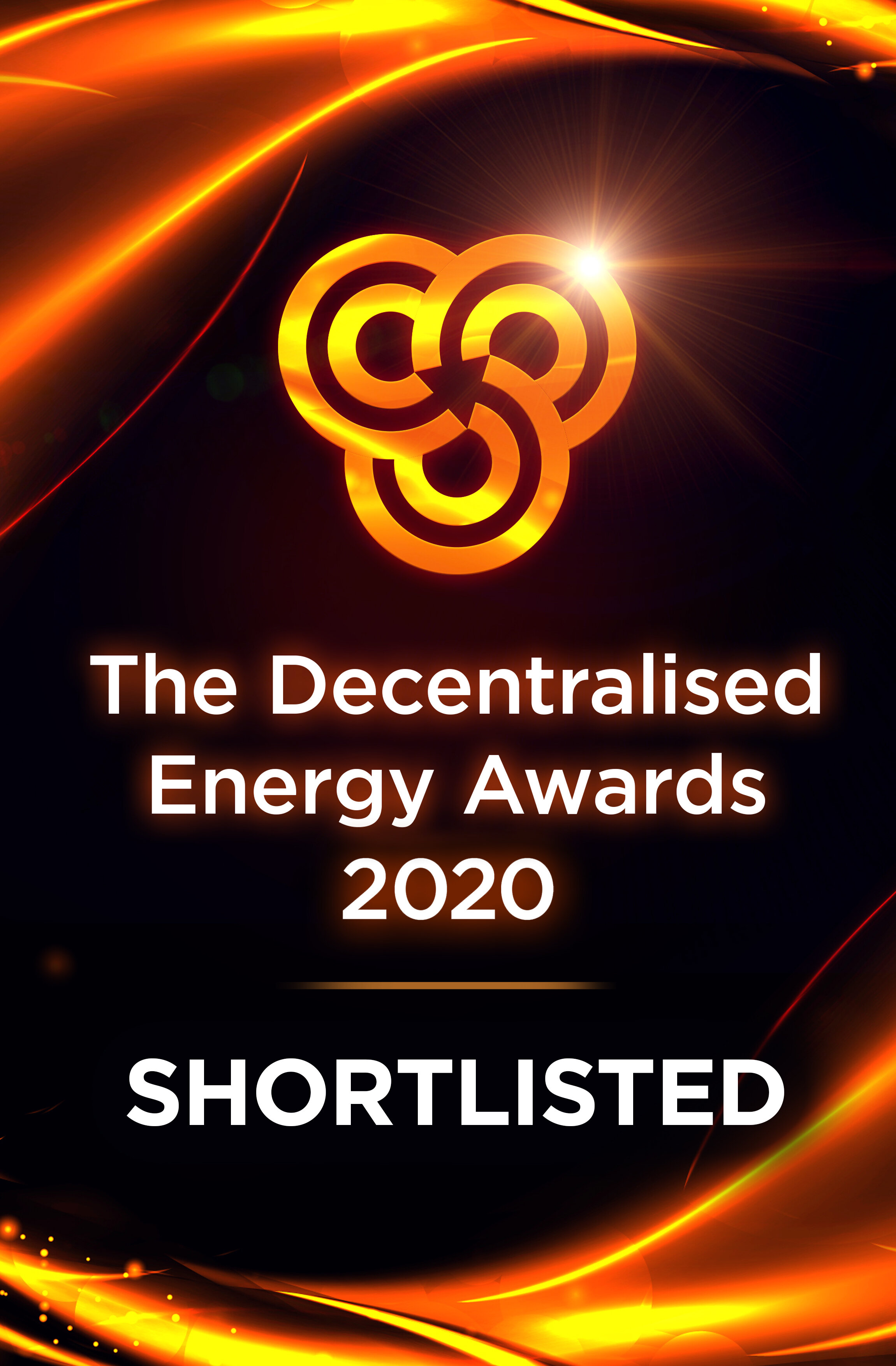As a result of the economic downturn caused by COVID-19, many significant CAPEX projects have been delayed or cancelled. Most businesses have strict return on investment criteria, meaning energy projects often lose out to quicker revenue generating projects.
However, UK manufacturers who are spending upwards of £1million a year on energy are benefiting from a radical change in the way they procure and receive energy. Rather than just being billed for what is used from the grid, on-site energy schemes, such as BasePower’s projects in the food & drink and automotive sectors, allow manufacturers to implement a fully-financed energy centre without upfront investment or risk. They also significantly reduce energy costs and carbon emissions.
A BasePower-funded energy centre will deliver savings in the region of 15% on the grid cost of energy supplied. A fully-containerised energy centre can be designed, procured, built and switched on in around 12 months, with no interruption to business operations. You are then charged at a fixed percentage discount (“% Saving”) to what you pay for your grid cost of energy. Energy costs fall as soon as the scheme is switched on and the operational savings can be immediately realised by the business.
Due to the recent changes in the energy market, BasePower has recently added a new contract option to its successful “% Saving” product. In the new arrangement, termed “Heat and Power Purchase”, the customer and BasePower collaborate to purchase gas for the CHP at the most favourable rate. The customer pays for the gas fuel plus a low generation fee, in addition paying for CHP heat distribution at a fixed % discount to grid prices. This works particularly well in the current high spark spread environment and protects against rising carbon taxes on fuel, providing further opportunity for savings.
If CAPEX is still available and you wish to fund your own energy centre, BasePower can de-risk by developing, constructing and operating the energy centre on an EPC (Energy Performance Contract) basis. A well-configured energy centre should be able to pay back in under four years. This option is also proving popular.
All BasePower designed schemes achieve Good Quality CHP (CHPQA), meaning that Climate Change Levy (CCL) is not payable on CHP fuel or outputs, while the carbon reductions from CHP also contribute to customers’ Climate Change Agreements (CCA). These are additional fiscal benefits.
Getting the right energy scheme in place will have a clear impact on the subsequent energy and carbon savings that you can expect. If you would like to review the potential for installing an on-site power generation scheme and see the various funding options available, please contact BasePower for an initial discussion.










